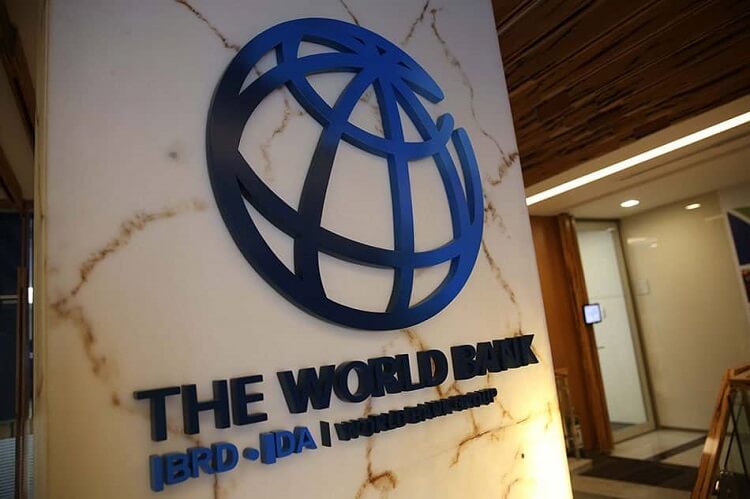The World Bank has said that Nigeria’s trade, construction and the manufacturing sectors would be the most hit by the country’s economic crisis.
The continent’t largest oil producer due to the Covid-19 crisis was hit by another recession in four years.
Advertisement
The Bank’s Lead Economist for Nigeria, Marco Hernendez, said in an interview on Arise TV that all sectors of the Nigerian economy would feel the shock of the crisis differently.
Hernandez said, “The impact though vary by sectors, for example you have sectors like trade, construction, like manufacturing; those will be more affected because of the series of difficulties of moving supply chains around.
“You have also other sectors like education and health, they will still be affected but definitely to a lesser extent. But all in all the sectors will be impacted.”
The World Bank Economist stated that the Bank expects that the impact would not be uniform across the Nigerian population groups.
Advertisement
Hernendez said that Women and also workers in the informal sectors were more likely to be affected by the economic downturn.
“You have for instance nine million women that are working in the informal sectors that is said to be at high risk” he noted.
The Lead Economist said this shows the extent of the impact of the country’s economic crisis.
Also, he said workers that are in urban areas especially those that are in the informal sector that tend to be entrepreneurs rather than salary workers would also have more likelihood to actually fall into poverty.
The Bank expects the North to feel more severe impact of the Covid-19 induced shock compared to other regions.
Advertisement
He stated that this is because there are a greater number of poor people that live in these Northern States.
He added, “They (Northern States) are very close to the poverty line, so they are one-shot away from falling into poverty.”
On Nigeria’s response to the economic crisis, the Bank said the country needs to activate a more coordinated response and pay attention to its revenue sources.
“The Federal Government has a critical role to play not only in setting up a robust macroeconomic framework, that can attract investment, but also ensure that it collects in a more sufficient way resources that it needs especially during the shock,” he added.
The Economist said the bank expects Nigeria to focus on realising the potentials of both the oil and non-oil sectors of the economy
He noted that the Federal Government must also lead a more coordinated response across the States and Local Governments to achieve a speedy recovery from the economic shock.



